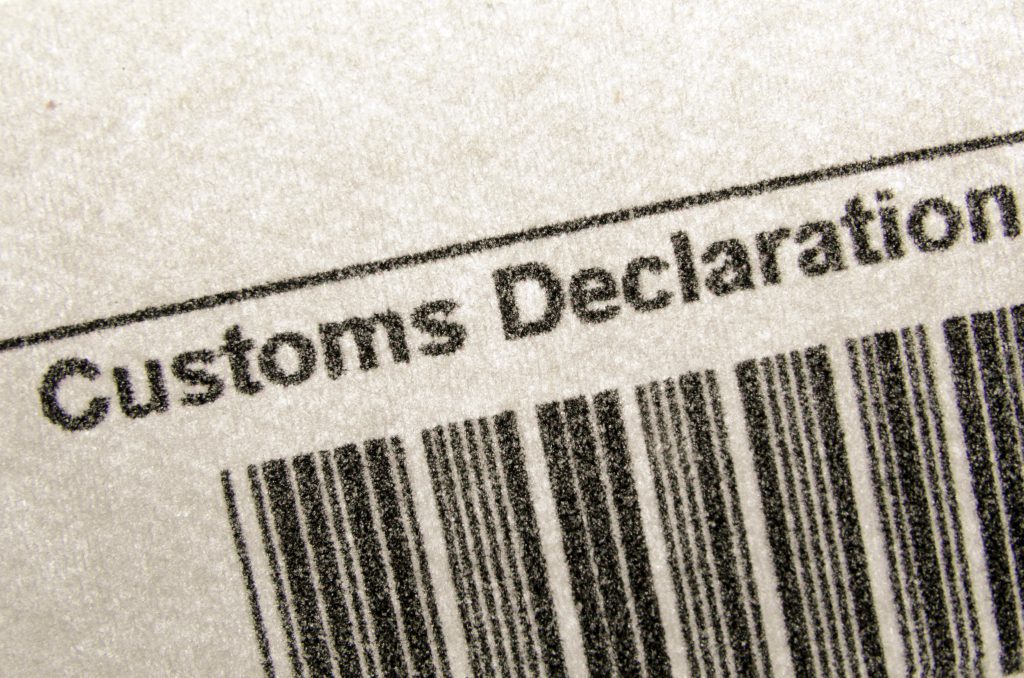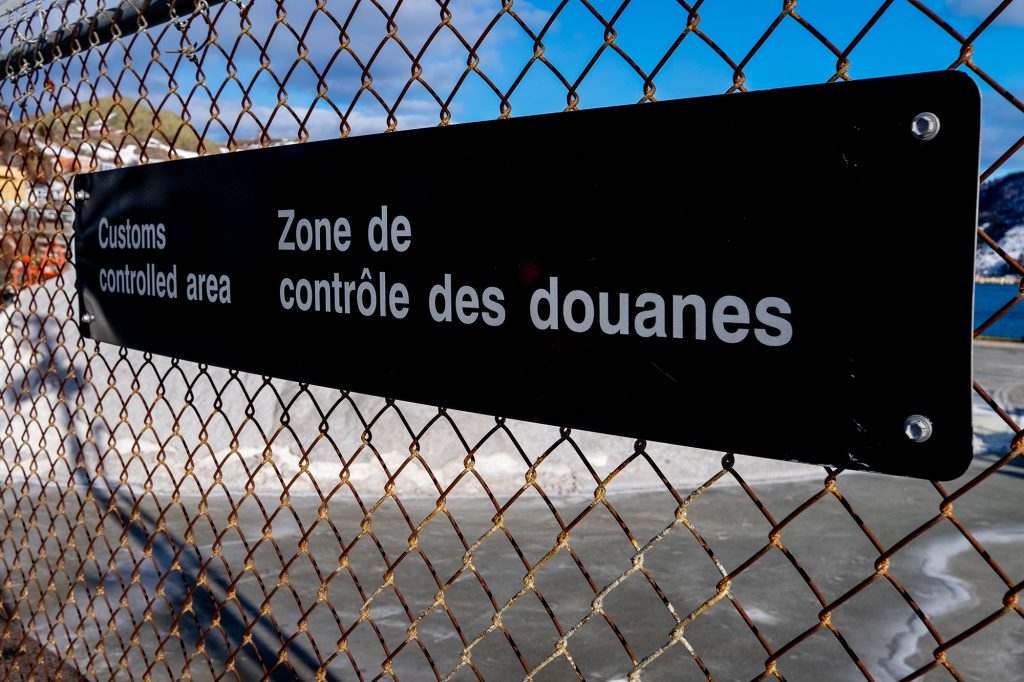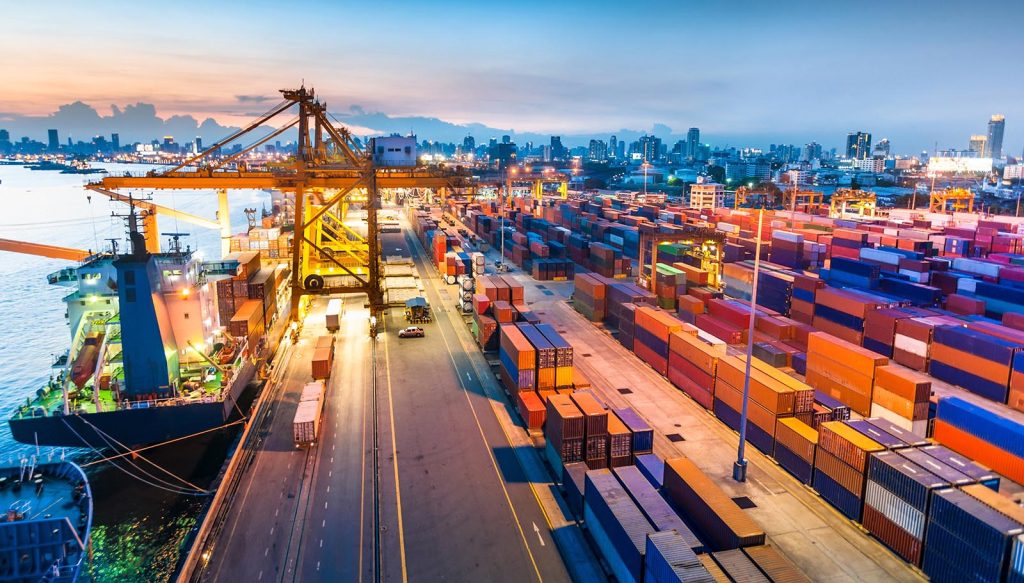On the 30th April 2024, new controls under the Border Target Operating Model came into force, affecting movements of SPS goods (animal products, plant and plant products) between the UK and the EU.
To coincide with this, the common user charge for commercial movements of SPS goods through the Port of Dover and Eurotunnel has been introduced.
Full guidance from DEFRA on the common user charge, why it has been implemented, when the charges apply and when they do not apply can be found here.
What are the charges?
Eligible goods will be charged per commodity line in the CHED (the import notification submitted on IPAFFS), with a maximum of 5 commodity lines being charged for.
The charges will apply even if your movement is not selected for an inspection. They are:
|
Commodity type |
Imports (per commodity) | Transits (per commodity) |
|
Low risk animal products |
£10 |
£10 |
|
Medium risk animal products |
£29 | £10 |
|
High risk animal products |
£29 |
£10 |
| High risk food and feed of non-animal origin (HRFNAO) |
£29 |
No common user charge |
| Low risk plants and plant products | No common user charge |
No common user charge |
| Medium risk plants and plant products | £29 |
No common user charge |
| High risk plants and plant products | £29 |
No common user charge |
Medium and high risk CHEDs are capped at £145. Low risk animal product CHEDs and animal product transits are capped at £50. And if your CHED has commodity lines with different risk categories, the rate of the highest risk category will apply to all commodity lines.
You can check the risk category for your goods here.
Will all my SPS goods to/from the EU be physically inspected?
No. The UK Government has confirmed that goods will be “scaled up” to full check levels “in a sensible and controlled way”. Only goods posing the greatest biosecurity risk will be prioritised from day one.
If your goods are selected for a physical inspection, an alert will be given on IPAFFs as soon as you or your agent submits the pre-notification.
If that is the case you must ensure the goods report for the inspection are in line with the latest guidance. Alternatively, your goods may be selected for documentary checks.
You can minimise delays by ensuring that you have all the required documentation appropriate to your risk category before starting the movement of your goods.
What do I need to do now?
You will need to supply up-to-date billing details in IPAFFS.
DEFRA informed industry that the first invoices will be issued to traders digitally no sooner than 12 weeks after 30th April 2024. After this, traders will be invoiced monthly in arrears.
As yet, DEFRA have not provided a firm date, but they will update the guidance when they make the announcement.
The Cardinal Customs Bureau account managers will be reaching out directly to all our existing clients that we complete IPAFFS on behalf of over the coming weeks to assist you with updating your billing details.
If you need any further support navigating these changes and what it means for your goods, please get in touch at [email protected].



